On June 22, the United Nations General Assembly (UN) adopted a resolution for the 8th round of consideration of the Global Counter-Terrorism Strategy.
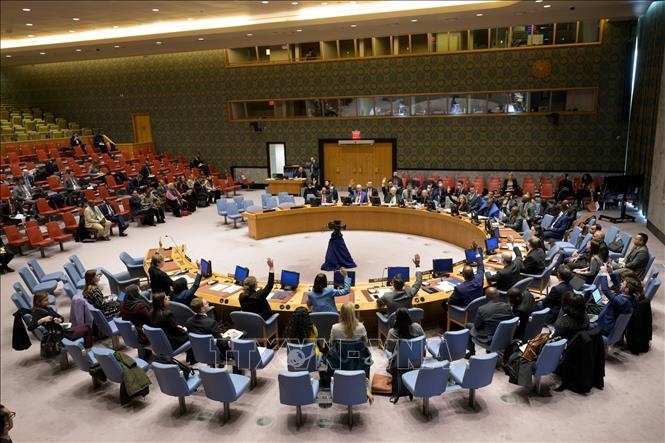 |
United Nations Security Council meeting in New York, USA. |
The resolution reaffirms the strategy and its four pillars, the importance of a balanced and integrated implementation of all pillars, and recognizes the importance of intensifying efforts to pay attention to and implement these pillars equally. The resolution calls on Member States, the United Nations and international, regional and sub-regional organizations to step up efforts to implement the strategy equitably in all areas.
The four pillars of the Global Counter-Terrorism Strategy include measures to address factors leading to terrorism; preventing terrorism; building the capacity of countries in preventing terrorism and strengthening the role of the United Nations in this field; and ensuring respect for human rights and the rule of law, which are fundamental foundations in the fight against terrorism.
The resolution recently adopted by the UN emphasizes the importance of ensuring that the Global Counter-Terrorism Strategy remains relevant and relevant to new threats and evolving trends of international terrorism. In addition, the resolution recognizes the fundamental responsibility of member states in implementing the strategy, and encourages the development and implementation of regional, sub-regional and national plans at the appropriate level to support the implementation of the strategy.
The resolution also calls on States that have not yet joined to consider acceding to existing international conventions and protocols on counter-terrorism, and urges all States to work towards concluding a comprehensive convention on international terrorism. In particular, the resolution highlights the importance of a sustained, comprehensive approach to addressing the conditions that enable the spread of terrorism, as military force, law enforcement measures and intelligence operations alone are not sufficient to defeat terrorism. In addition, the resolution reaffirms the need for Member States to ensure that any measures taken to combat terrorism are consistent with their obligations under international law, in particular human rights, migration and humanitarian law.
According to the resolution, the UN Secretary-General will be responsible for submitting a report on the implementation of the strategy to the UN General Assembly no later than February 2026. By June 2026, the General Assembly will review the Secretary-General's report, the actual implementation of the strategy by member states, and consider updating the strategy to reflect changes.
News and photos: VNA
Source














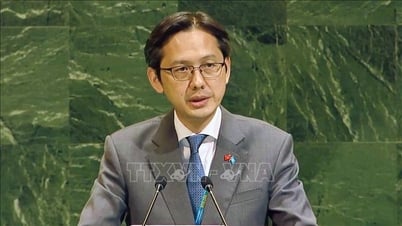















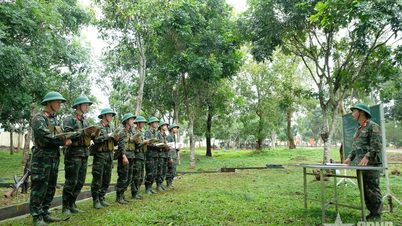


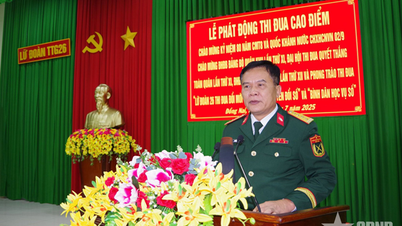






























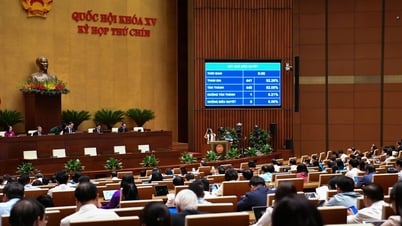






































Comment (0)